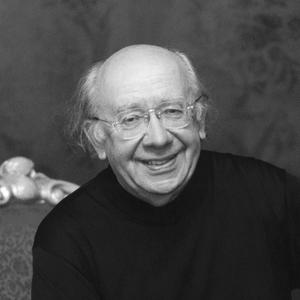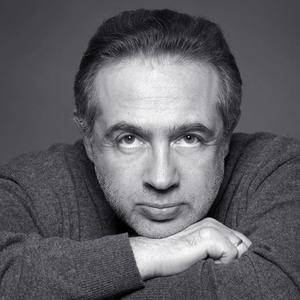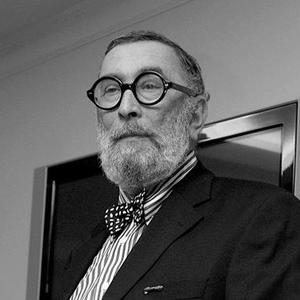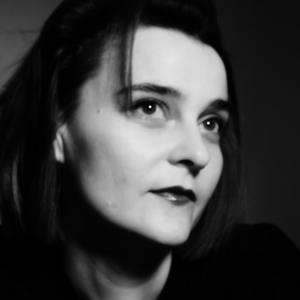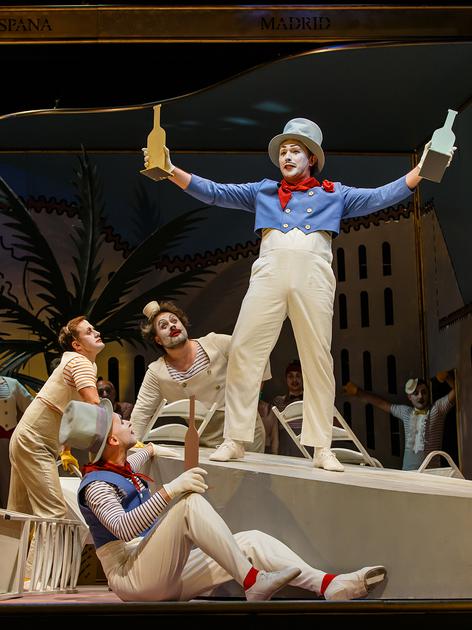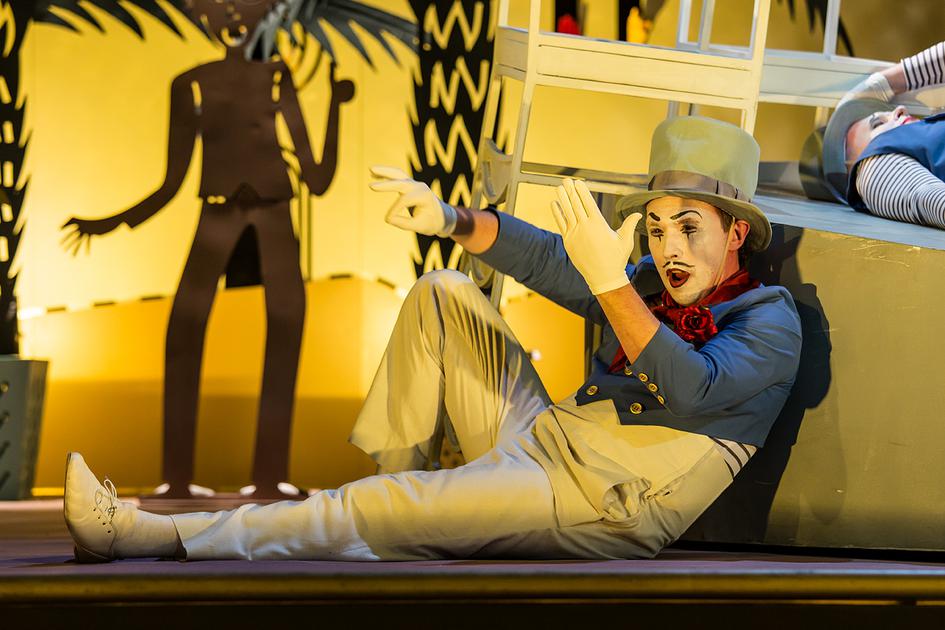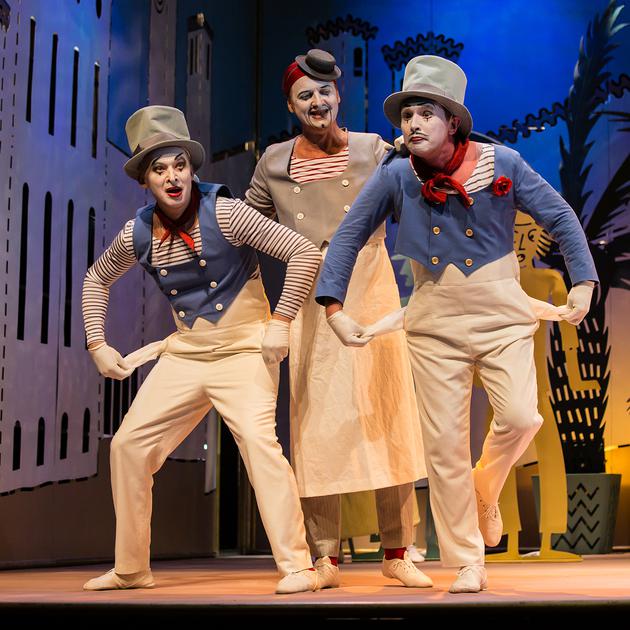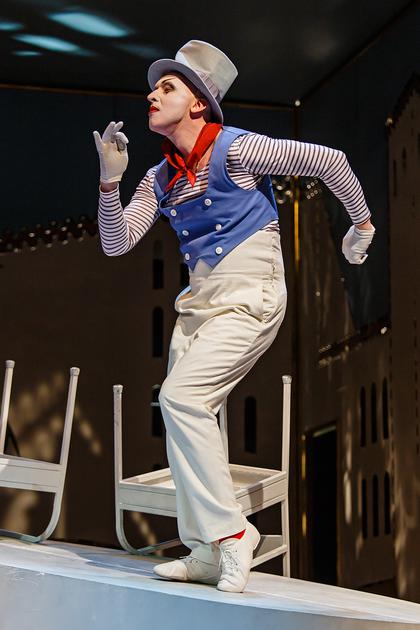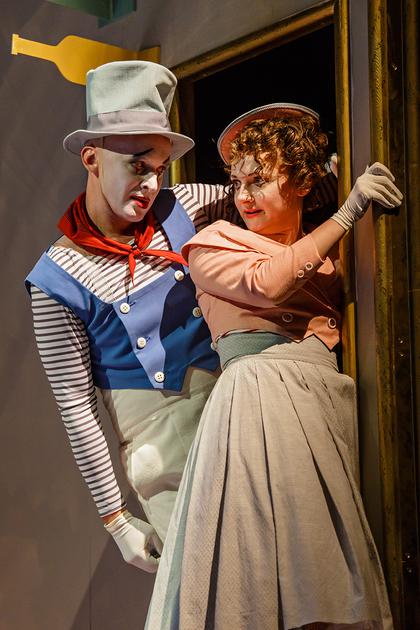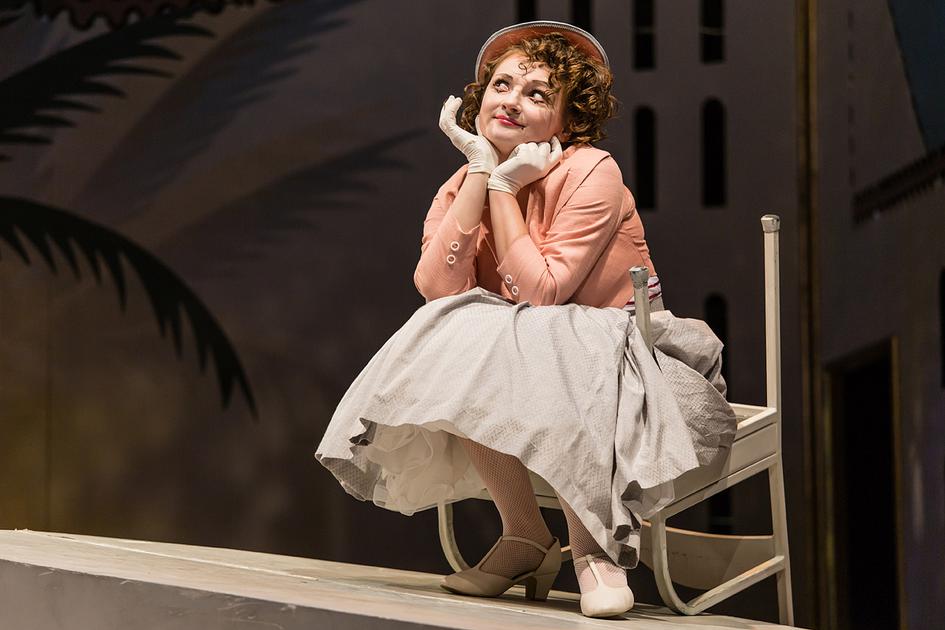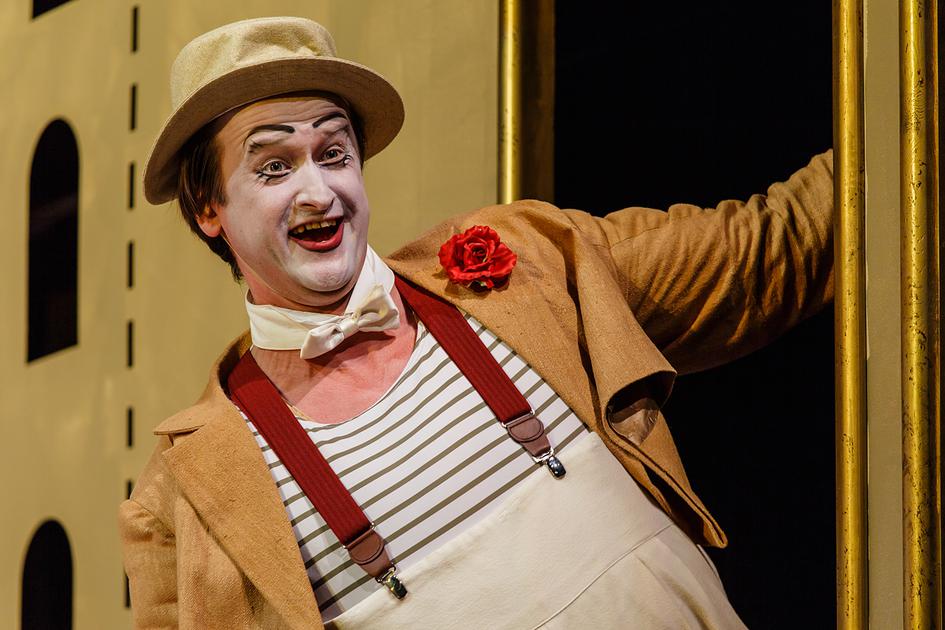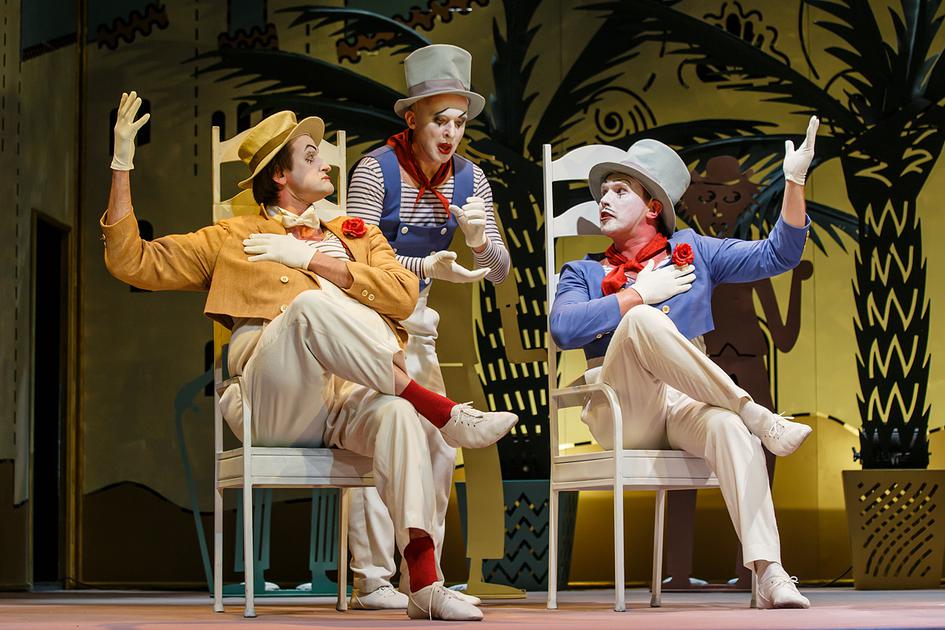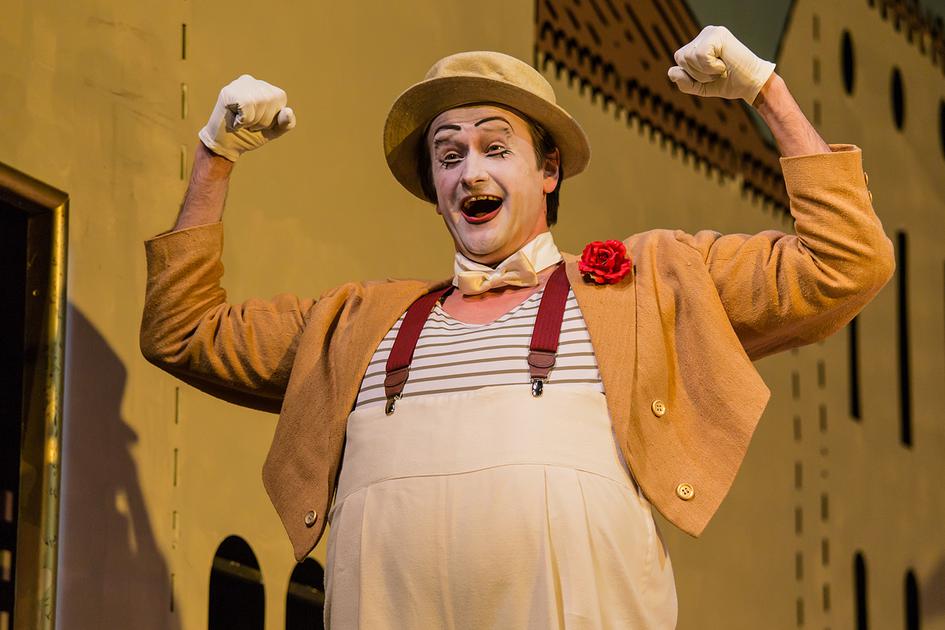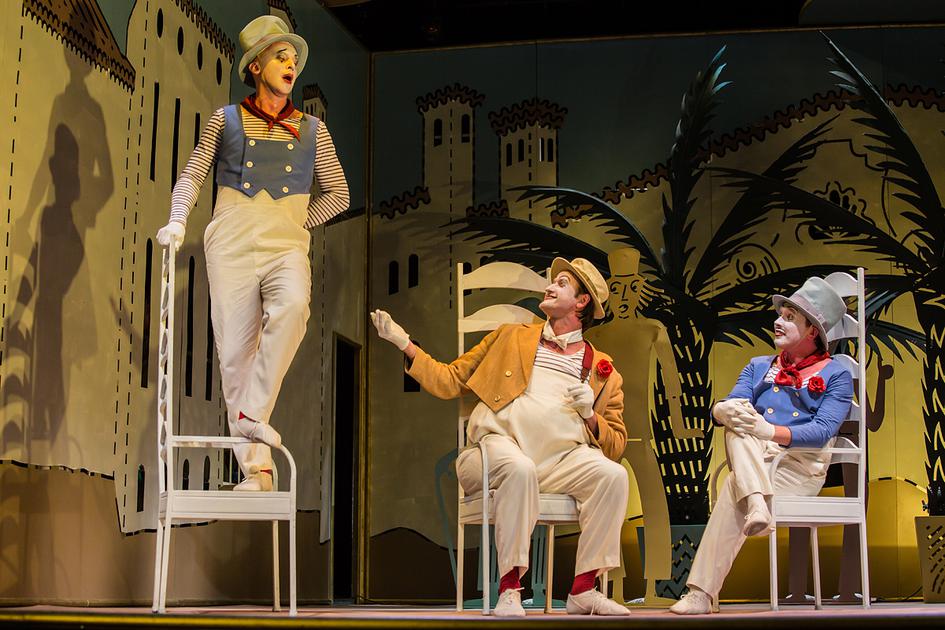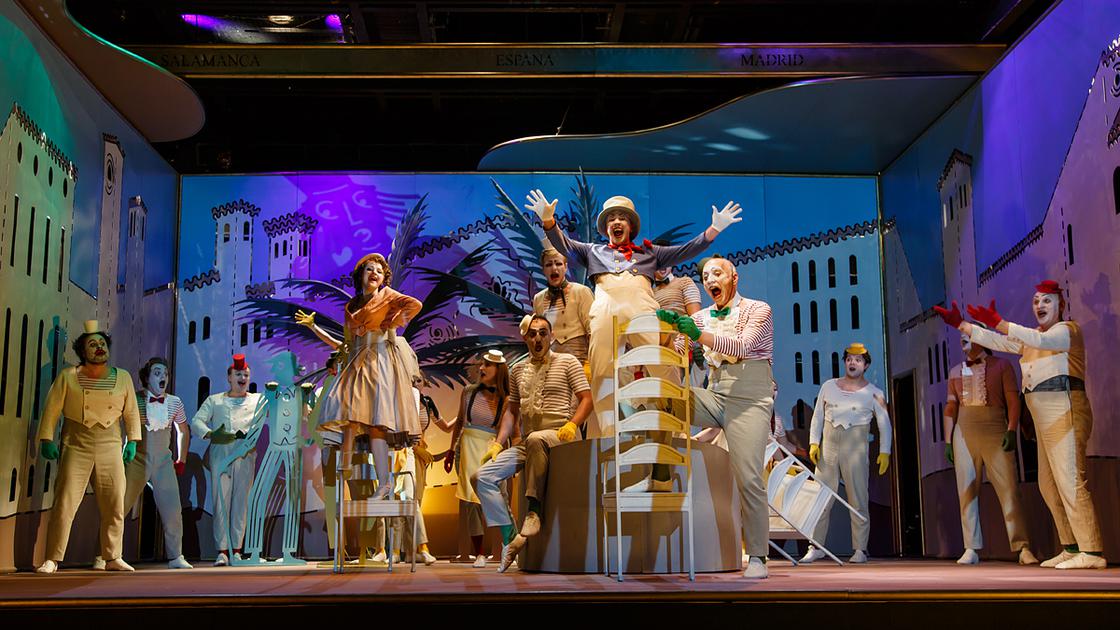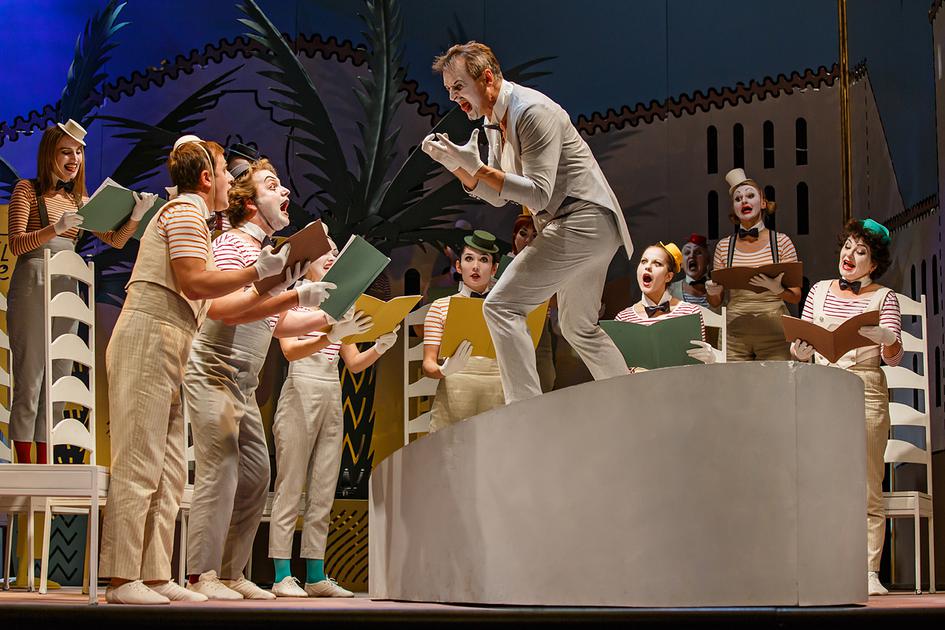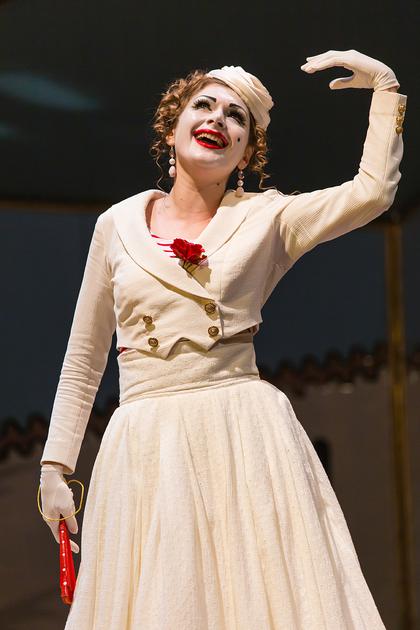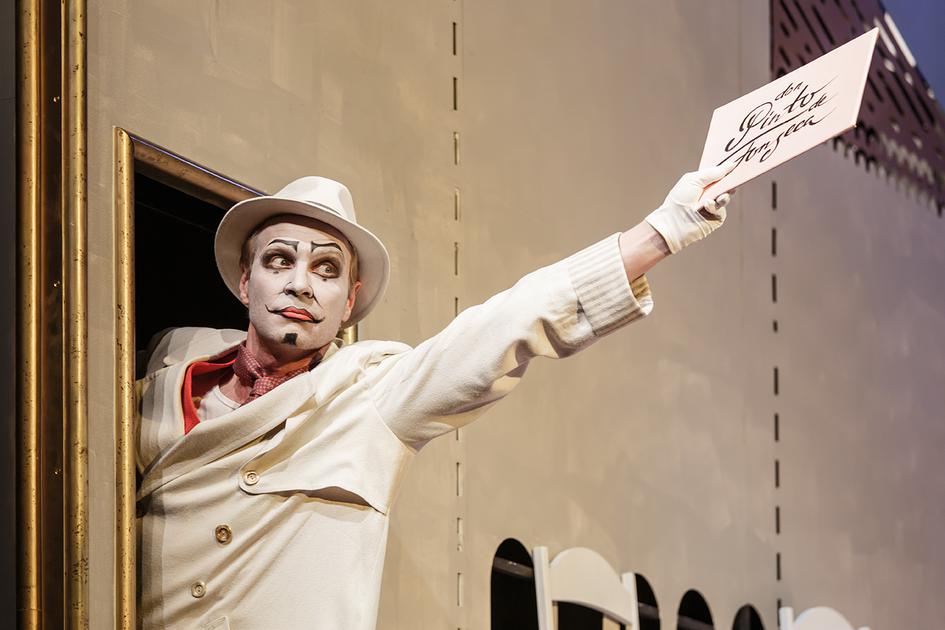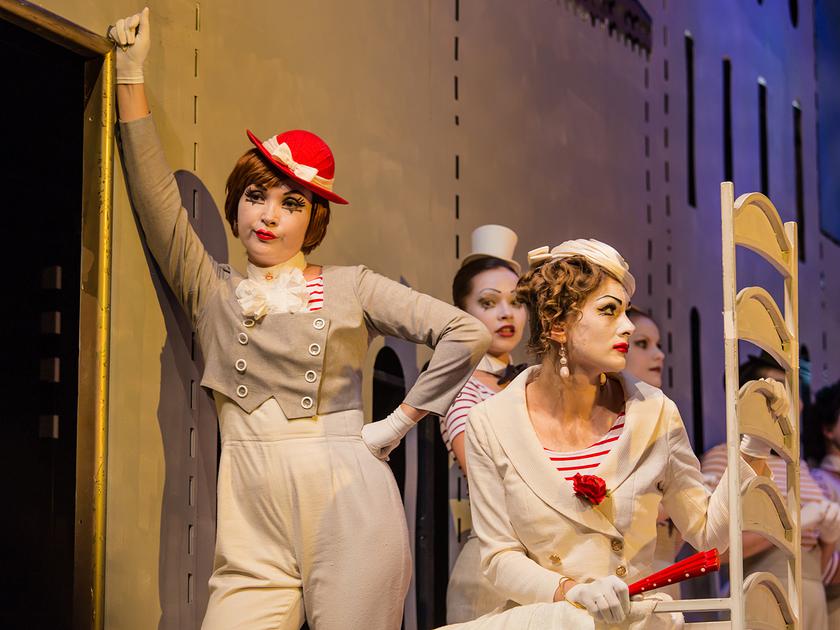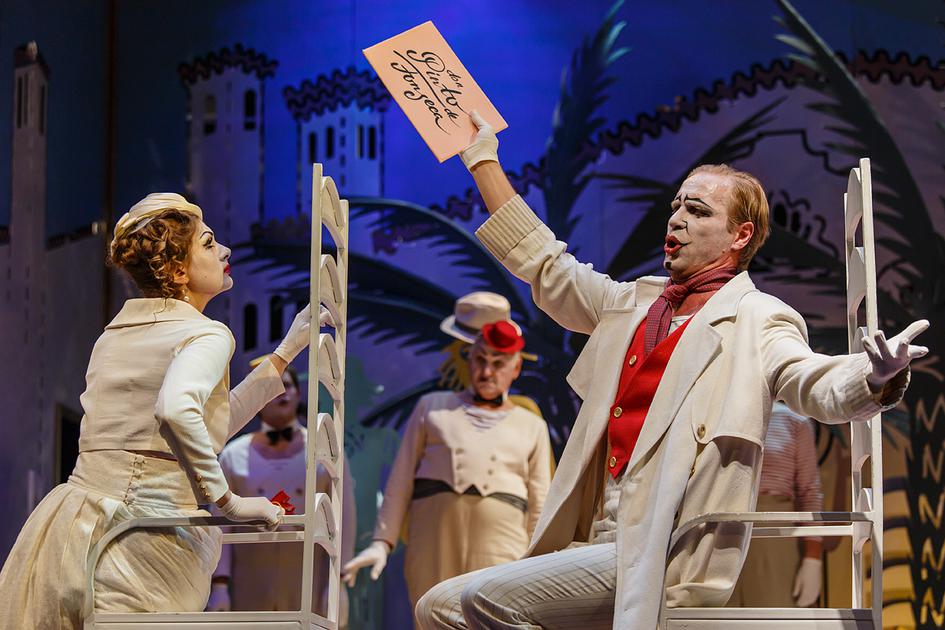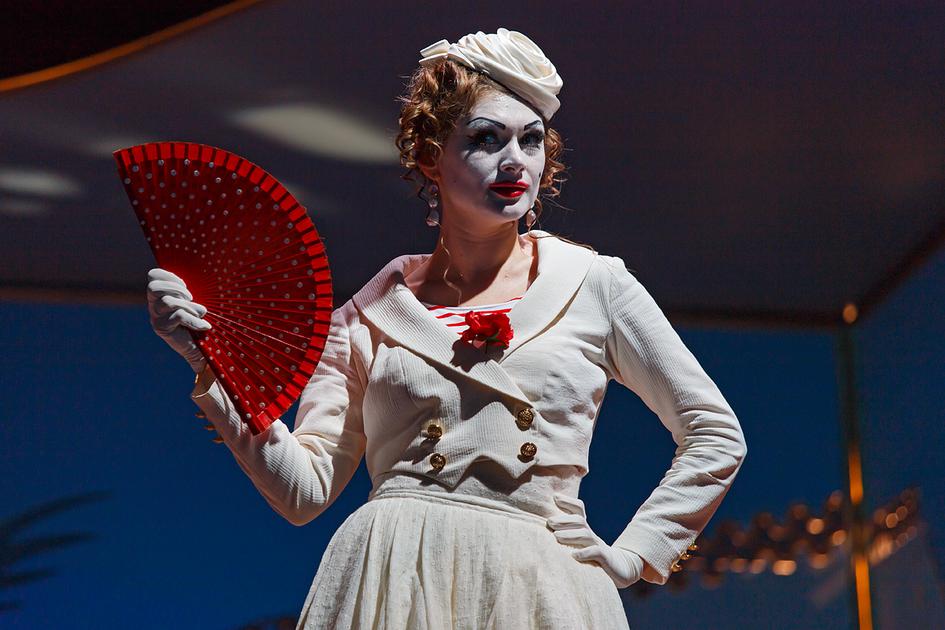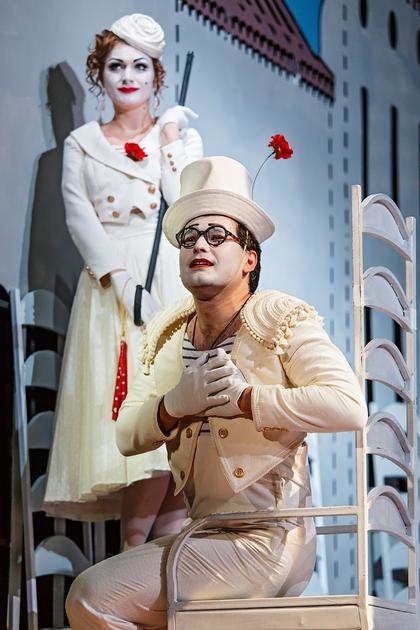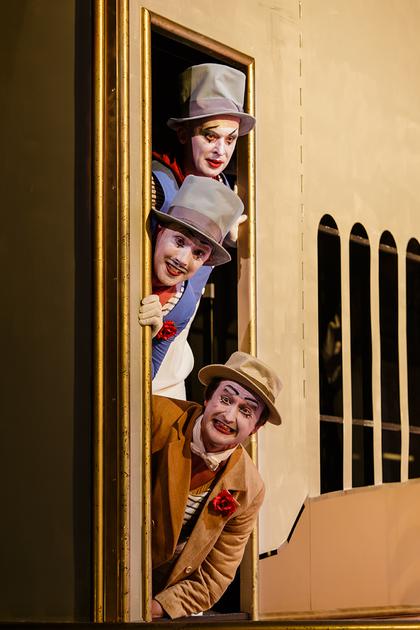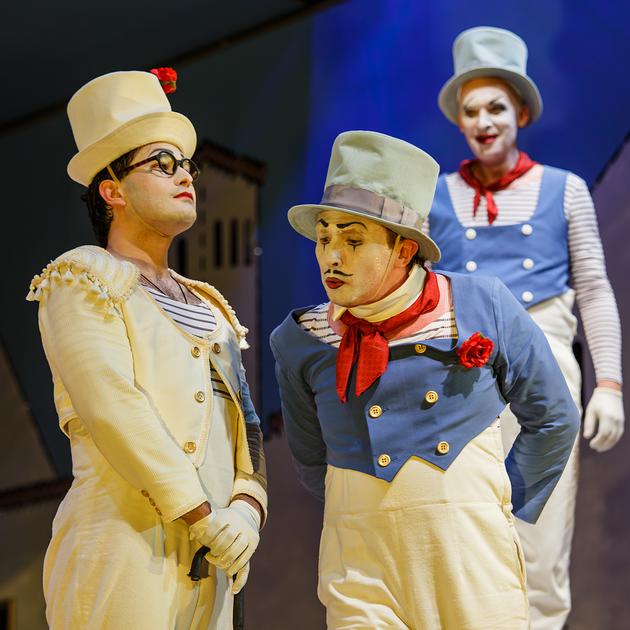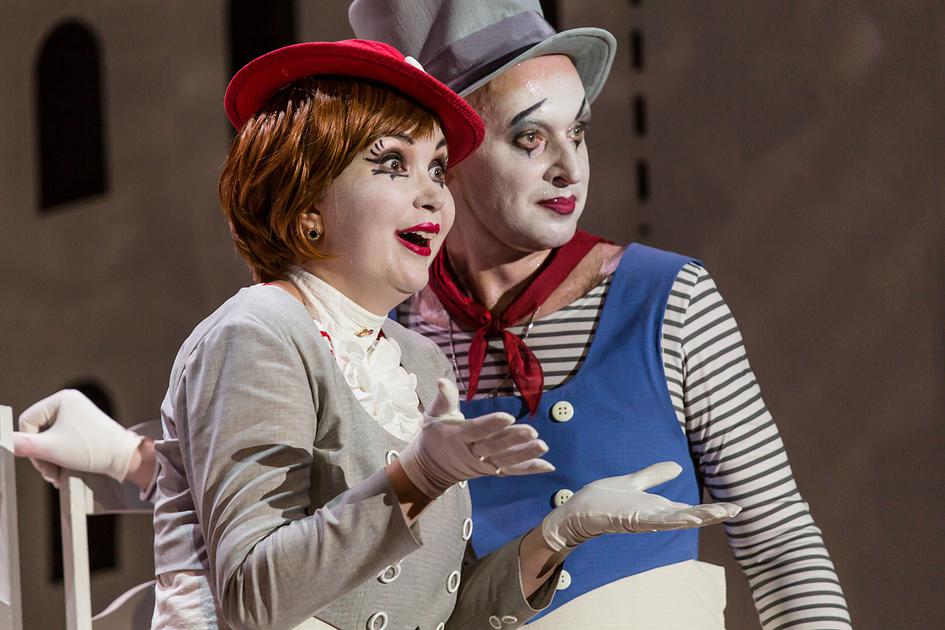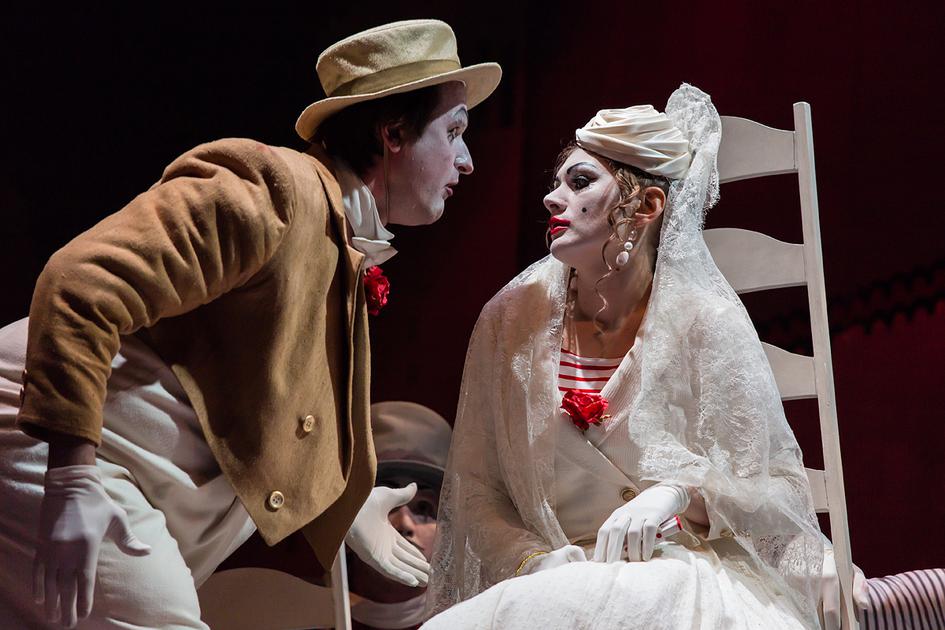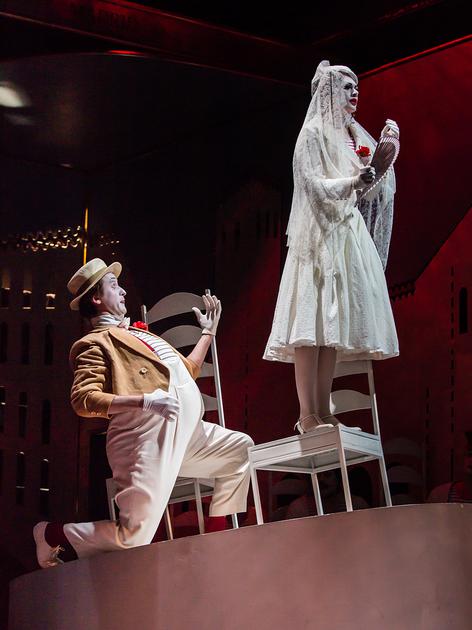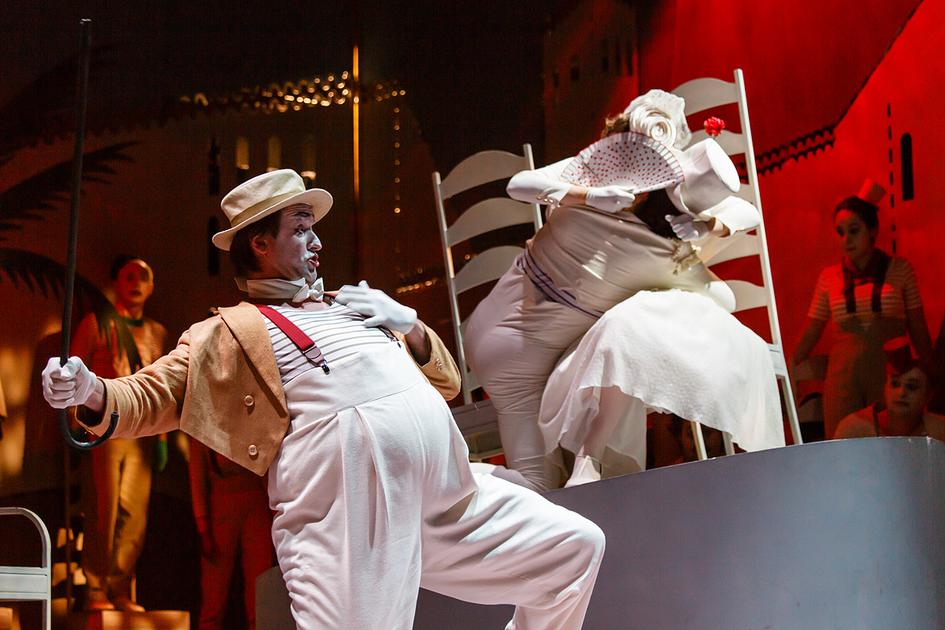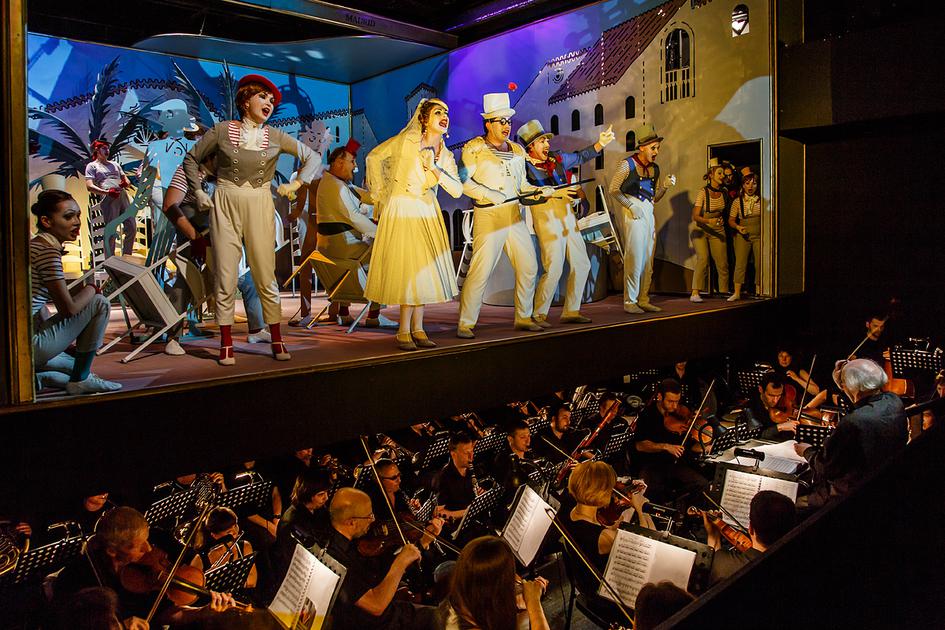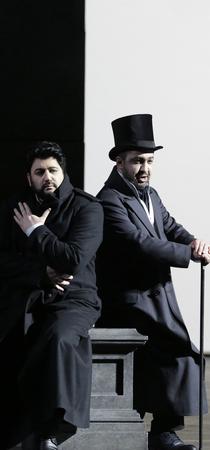
Pyotr Tchaikovsky
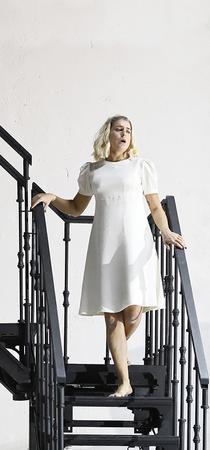
Richard Strauss
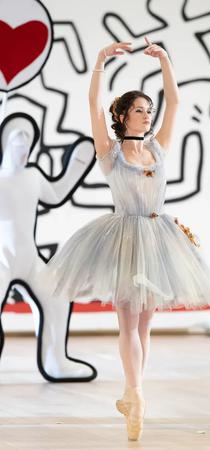
Gioacchino Rossini
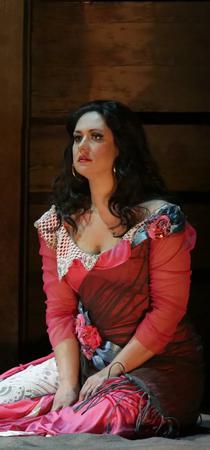
Georges Bizet
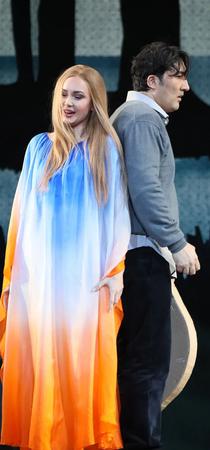
Nikolai Rimsky-Korsakov
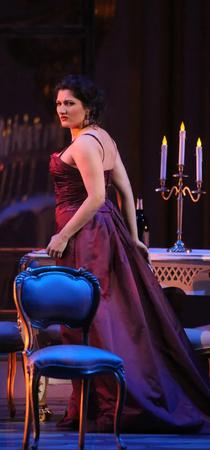
Giuseppe Verdi
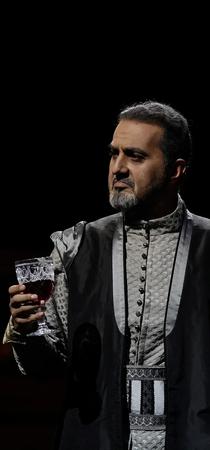
Pyotr Tchaikovsky
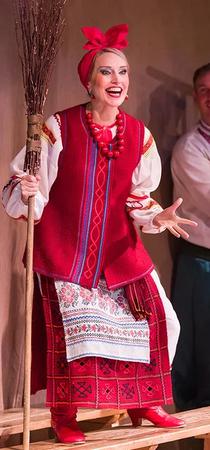
Modest Mussorgsky
Ruggero Leoncavallo
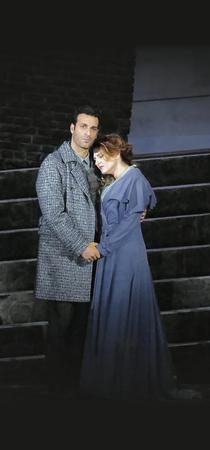
Giacomo Puccini
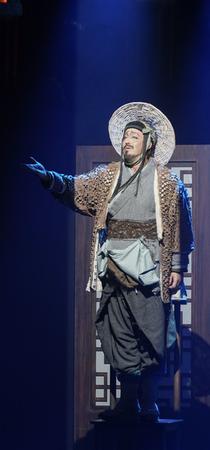
César Cui. Igor Stravinsky
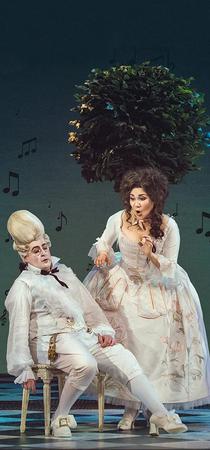
Gioachino Rossini
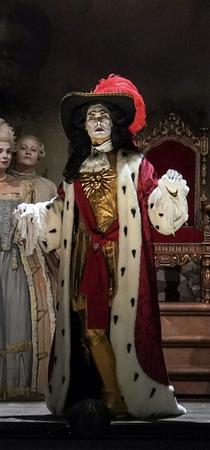
Umberto Giordano
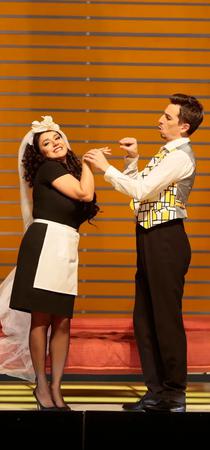
Wolfgang Amadeus Mozart
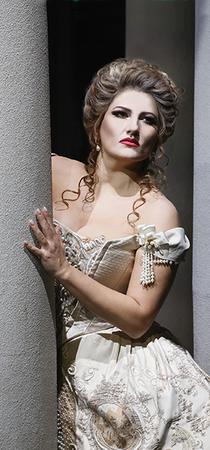
Francesco Cilea

Richard Wagner
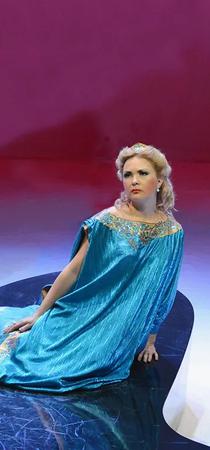
Richard Strauss
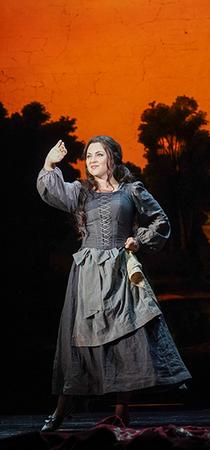
Gaetano Donizetti
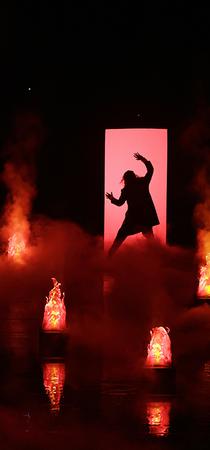
Wolfgang Amadeus Mozart
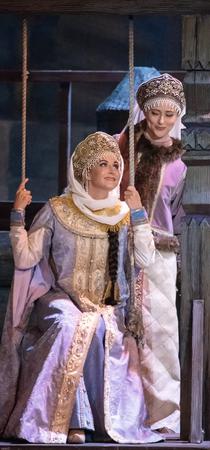
Nikolai Rimsky-Korsakov
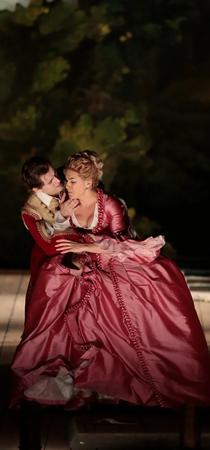
Wolfgang Amadeus Mozart
Andrei Rubtsov
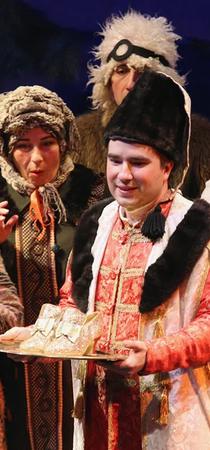
Pyotr Tchaikovsky
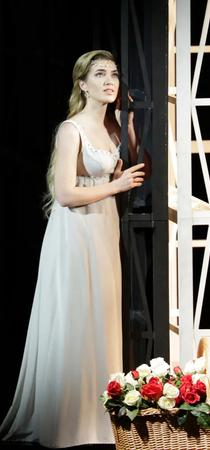
Pyotr Tchaikovsky
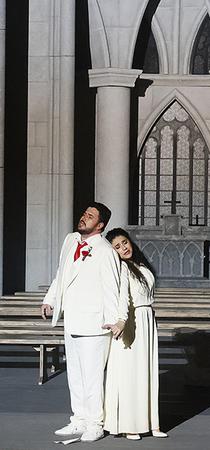
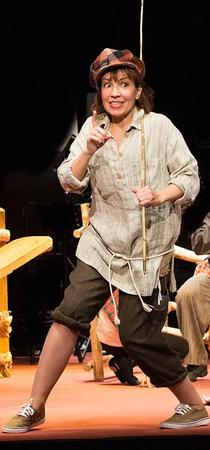
Sergei Prokofiev
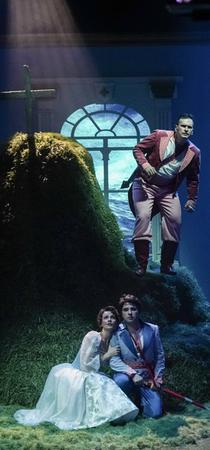
Alexei Verstovsky
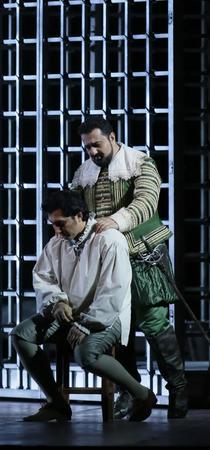
Giuseppe Verdi
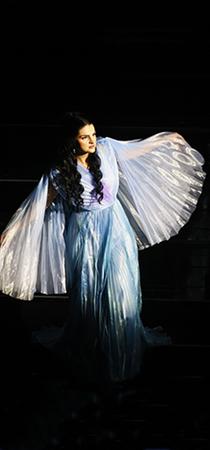
Anton Rubinstein
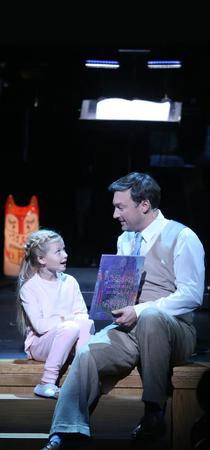
Benjamin Britten. Camille Saint-Saëns
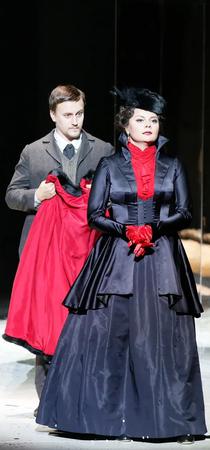
Mieczysław Weinberg
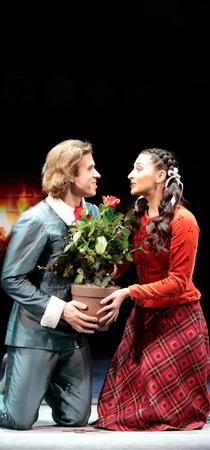
Sergei Banevich
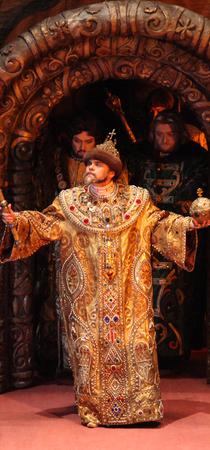
Modest Mussorgsky
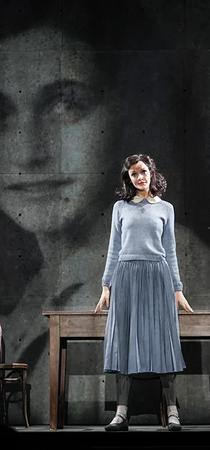
Grigory Frid. Udo Zimmermann
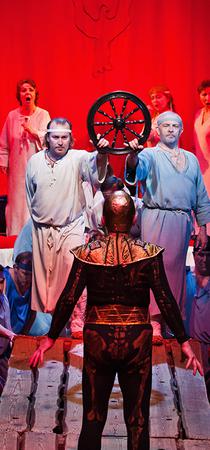
Dimitry Rostovsky
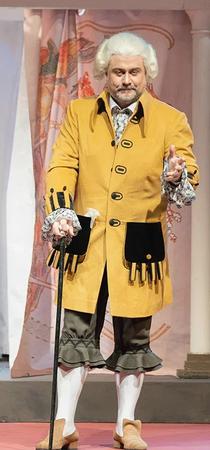
Wolfgang Amadeus Mozart
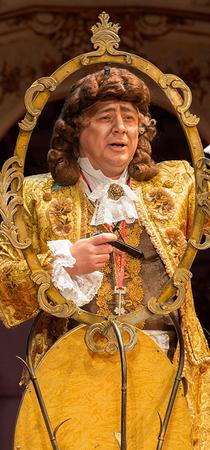
Georg Philipp Telemann
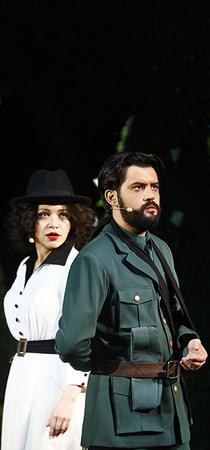
Hector Berlioz
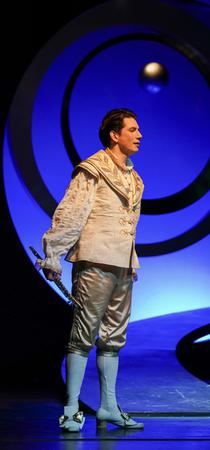
Wolfgang Amadeus Mozart
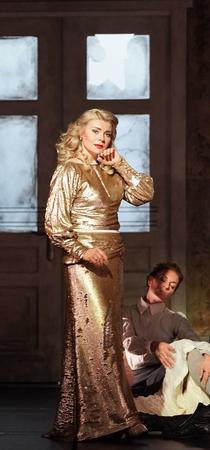
Sergei Prokofiev. Maurice Ravel
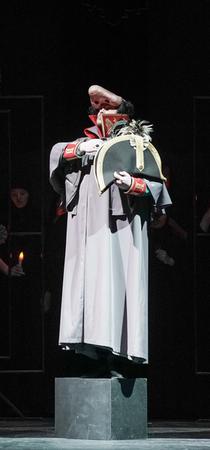
Dmitry Shostakovich
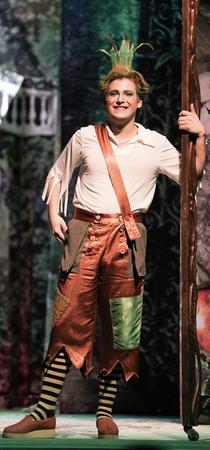
Tatiana Kamysheva
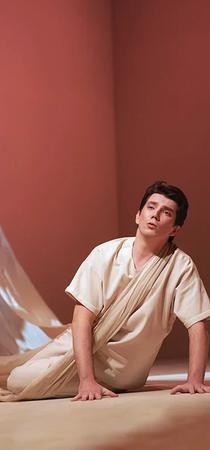
Georges Bizet
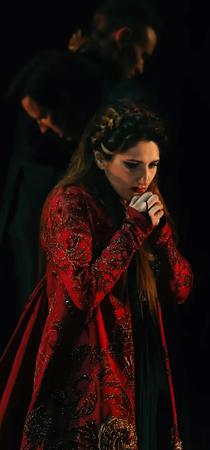
Giacomo Puccini
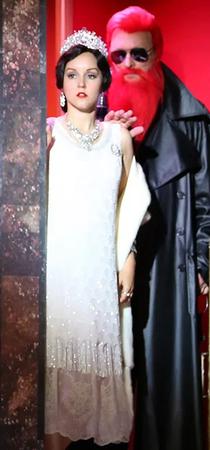
Jacques Offenbach
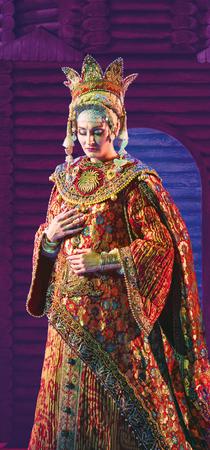
Nikolai Rimsky-Korsakov
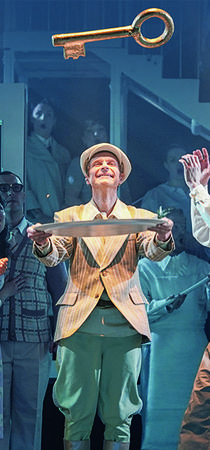
Dmitry Shostakovich
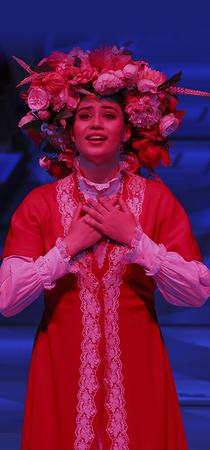
Alexander Ostrovsky, music by Pyotr Tchaikovsky
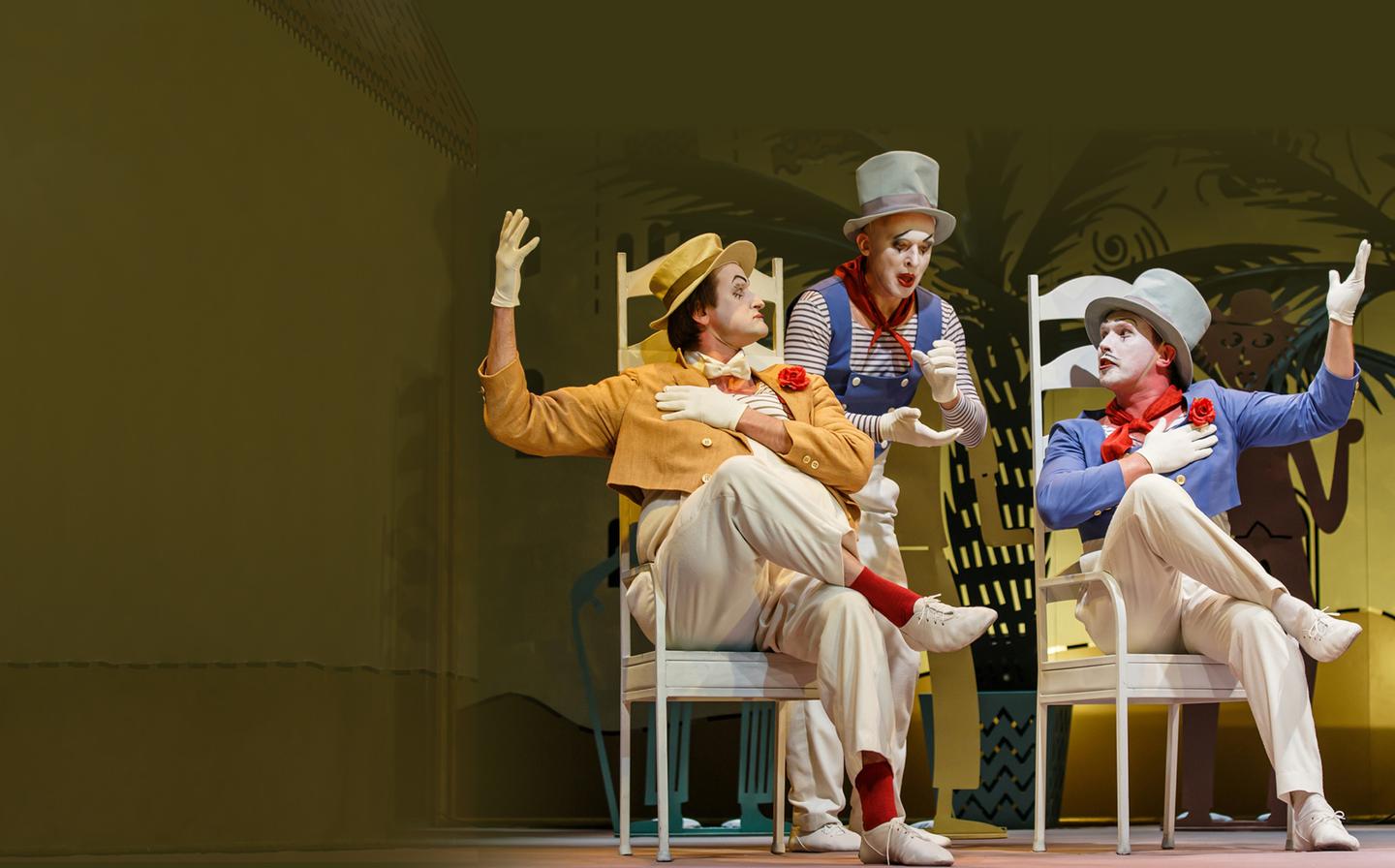
The premiere of the opera Die Drei Pintos by Carl Maria von Weber was held on the 20th of January 1888 at the Neues Stadttheater in Leipzig under the baton of Gustav Mahler. Amongst the performers were outstanding singers: Therese Rothauser (mezzo soprano) and Emmanuel Christian Hausgen-Hedmondt (tenor).
The next day, Mahler reported to his parents that “everything went well” by describing in great detail his meeting and conversation with Albert, the King of Saxony, and his wife in the interval. The success of Die Drei Pintos was proved by productions in Hamburg, Dresden, Prague, Vienna and Stuttgart, which soon followed the Leipzig premiere. An intriguing matter of the first performances was provoked by the fact that most of the opera had actually been written by Mahler, not Weber. The latter did not reveal himself and observed with great pleasure how the critics made fools of themselves one after another.
Premiered at the Boris Pokrovsky Musical Theatre on June 26, 2013.
Presented with two intervals.
Libretto by Theodor Hell based on the novel called The Battle for the Bride by Carl Seidel. Ttranslation by Catherine Pospelova.
Act I
The story opens at an inn in Penaranda, on the road between Salamanca and Madrid. Уoung Don Gaston Viratos is receiving а lively send-off from his student friends before he heads for the big city to take up а post working for the govemment.
Gaston’s servant Ambrosio points out that, in the course of one day, they have spent all their money on drink. Gaston does not care. The innkeeper’s daughter, Inez, sings Gaston а romance.
Don Pinto de Fonseca appears. Не is а gauche provincial land-owner on his way to Madrid where his father has arranged for him to mаrrу the lovely Donna Clarissa. Pinto is а little concerned about his lack of courtship technique, whereupon Gaston is more than willing to share his expertise. Ambrosio is obliged to take the part of Clarissa as Gaston encourages Pinto step-by-step through the approach, the flattery, the kissing of the hand, the kiss on the lips. But Pinto is clumsy and unsubtle. Gaston resolves that the bride waiting in Madrid deserves better, namely himself. Не and Ambrosio ply Pinto with drink until he is too drunk to notice Gaston removing his letter of introduction to Clarissa’s father, Don Pantaleone. They leave Pinto asleep and set off for Madrid.
